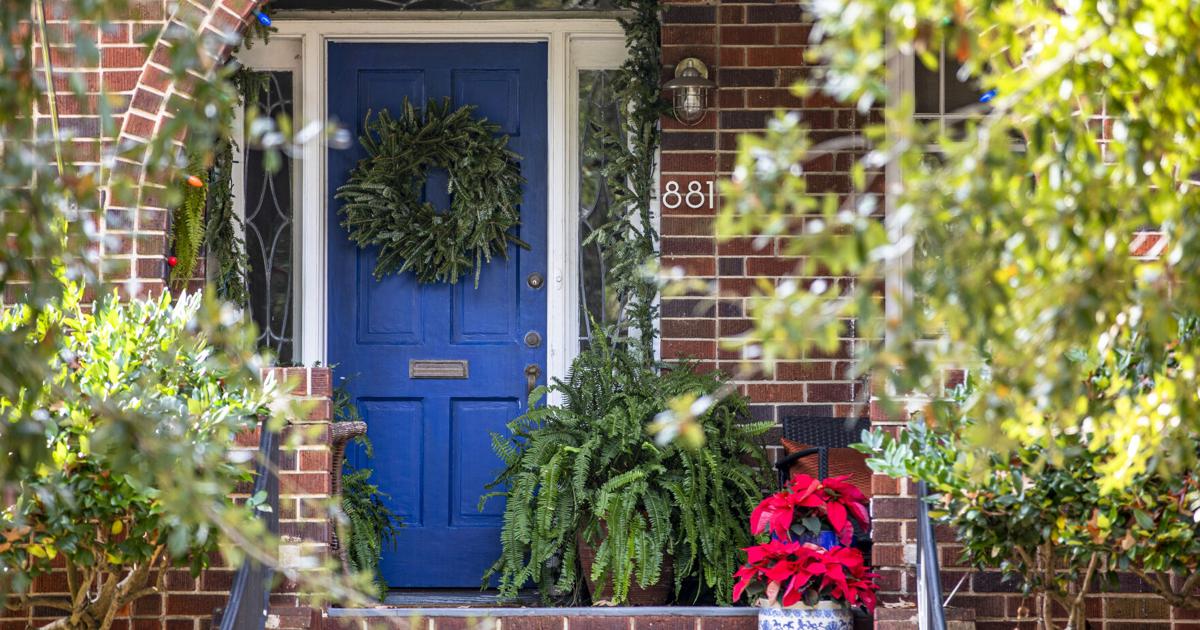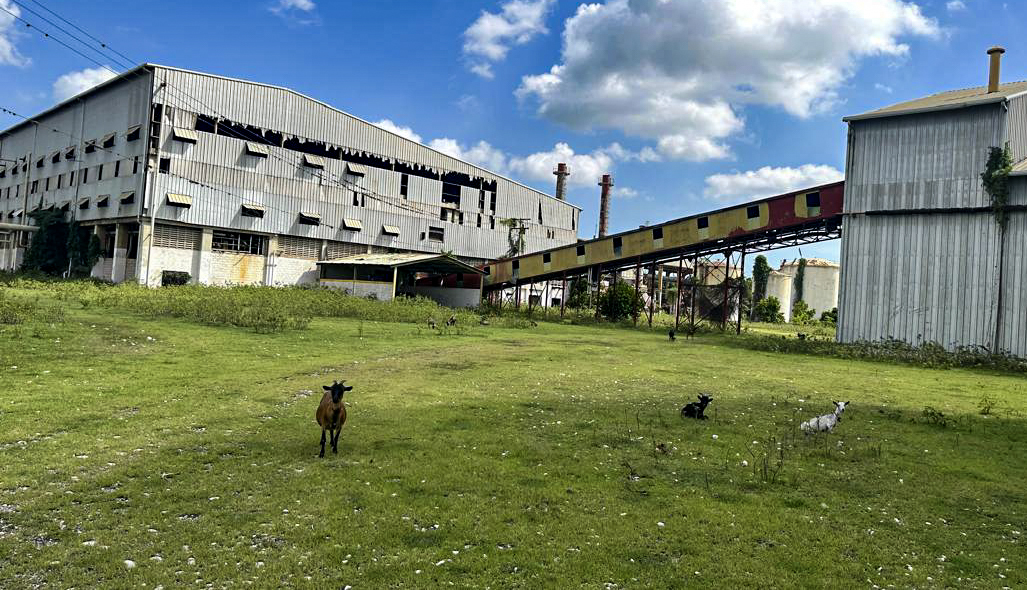By By the Editorial Staff,File/andrew Whitaker
Copyright postandcourier

Homes on Charleston’s upper peninsula are increasingly historic — many already are more than a century old — and yet the city’s preservation rules offer them only a slight whiff of protection. That should change soon, especially since there appears to be a novel and less intrusive way of making that change.
Charleston’s two leading historic preservation organizations recently teamed up on a new initiative aimed at helping North Central — one of these historic residential neighborhoods — keep its own particular character as homes rise in price and desirability and attract new buyers who want to modify them. We hope this initiative will be yet another in a series of important steps toward providing more meaningful protection not only there but also in the late 19th- and early 20th-century neighborhoods of Hampton Park Terrace and Wagener Terrace.
The Historic Charleston Foundation and the Preservation Society of Charleston worked with a large team to create an Area Character Appraisal for North Central — a document that describes some of the defining features, styles and signature details found in the neighborhood’s structures, mostly homes. Authors Kerry Campion, Amanda Nestor and Madelyn Reber worked with the foundation and society, with input from Amalia Leifeste with Clemson University, preservation advocate Kevin Eberle and the North Central Neighborhood Association, to draft the document, which was accepted by the city’s Board of Architectural Review-Small last month.
The document is meant to help BAR members as they review demolition requests. North of Line Street, where these newer historic homes are located, the BAR’s jurisdiction is largely limited to reviewing demolition work. In fact, this district bears an unloving name: Historic Materials Demo Purview.
“That name doesn’t convey to anyone the value of these places to protect,” Preservation Society of Charleston CEO Brian Turner tells us, and we agree. “In any other city, this is 100 percent protected, but it’s not here as we’ve cashed in our chips with other places that are older historically. It’s just a matter of time until we wake up to this.”



